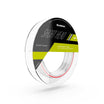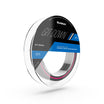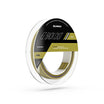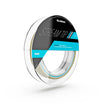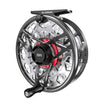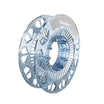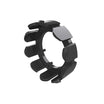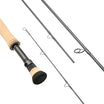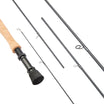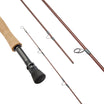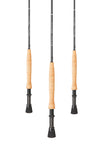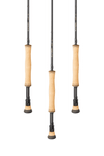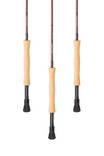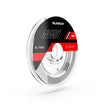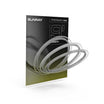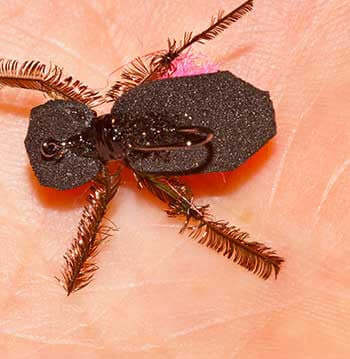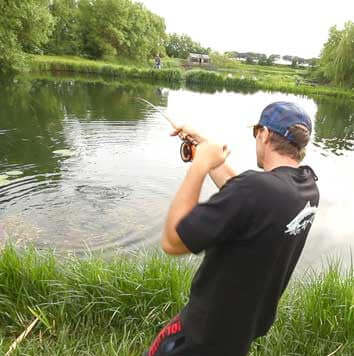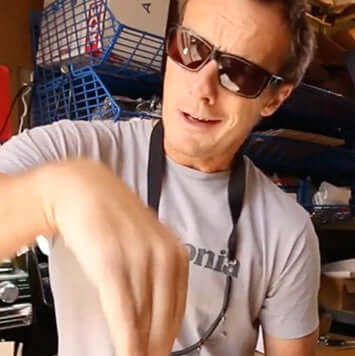Foam beetles
It’s summer & ‘Beetle Time’! It was in the late 1960s that I first came across a beetle imitation being used for trout. Eric Horsfall Turner who fished my local Yorkshire Derwent near to Scarborough wrote in his book, ‘Angler’s Cavalcade’ that he had stopped using his wet beetle imitation because it made catching trout too easy. As shown in the table below, beetles were still a major part of the diet of the Derwent trout in the late 1990s when I still killed an occasional fish (I now fish totally catch & release except for any stocked rainbows which I consider should never be put into a UK river).
Numerical % of diet
- Black Gnats 28
- Smuts/Midges 21
- Beetles 17
- Olive Nymphs 7
- Others 27
Eric’s Beetle was a simple hackled wet fly with a black hen’s hackle, yellow wool underbody (left visible as a tag) & an over-body of peacock herl. I too found it to be very effective in my early days of fly fishing. Eric’s Beetle has all the key features of an aquatic/water beetle with air bubble held at its rear end, However it is terrestrial beetles that make up the vast majority of beetles that I have found in trout stomach contents & nowadays I use a floating, foam beetle imitation that has over the years morphed into its simplest form, the Flip Flop Scarab Noire. I have also found this fly in its smaller sizes to be effective for grayling in Sweden & Italy, but have not as yet tried it for UK grayling.

Eric’s Beetle
- Tying an Eric’s Beetle:
- Hook: Size 16 to 12 wet fly
- Thread: Black 6/0 or 8/0
- Underbody: Pale yellow wool (leave a little projecting at the tail end)
- Overbody: Peacock herl
- Hackle: Black hen Tying a Flip Flop
Scarab Noire
- Hook: Size 18 to 12 Partridge SLD or SLD 2 or similar
- Thread: Black 8/0or 6/0
- Underbody: Dubbed Peacock Ice Dub or similar
- Overbody & head: 2mm thick black sealed cell foam tied in just in front of the dubbed body
- Legs: 2 strands of single-knotted peacock herl
Sighter: Pink Poly yarn A liberal application of low viscosity Super Glue around the point where the foam is attached will prevent the foam rotating around the shank.


Flip Flop Scarab Noire
I tend to fish this pattern when there is no obvious hatch or fall of insects & my favoured places to fish it are where there is a heavy tree canopy (particularly on windy days) & along the margins of overhanging bankside vegetation. It is particularly effective when given frequent tiny twitches to simulate the struggles of a drowning beetle, which can induce incredible aggressive takes. I find the best way of generating these tiny vibrations is with a long Tenkara rod & a superlight level Tenkara line plus tippet about the same length as the rod. This facilitates a very direct contact between rod tip & fly such that all that is required is tapping of the rod butt with the forefinger to generate the required subtle movements. If the expected fish are too big for Tenkara then a long, light-line conventional rod with a French Leader/Micro Nymph line set up or a 1 weight Jeremy Lucas Micro Thin line is the next best thing.

Italian grayling that fell for a black beetle

Austrian rainbow that took a black beetle (photo by Stephen Donohue)



